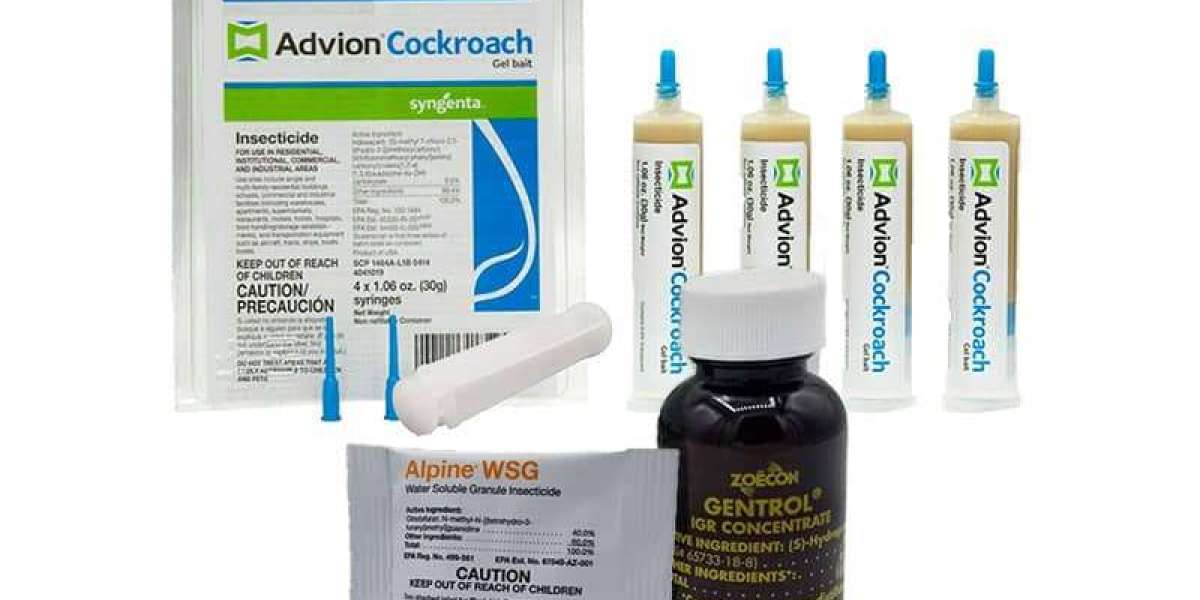Are you tired of pests wreaking havoc on your garden? Do you want to protect your plants without using harmful chemicals? Look no further!
Maintaining a garden can be a rewarding experience, but dealing with pests can be a nightmare. Many commercial pest control products contain harsh chemicals that can be harmful to both your plants and the environment. Fortunately, there are natural and effective ways to protect your garden from pests using simple DIY methods.
Why Choose DIY Pest Control?
Using DIY pest control methods in your garden has several benefits. Not only are these methods safer for the environment, but they are also cost-effective and easy to implement. By taking a more natural approach to pest control, you can protect your plants while also promoting a healthy ecosystem in your garden.
What Are the Most Common Garden Pests?
Before we dive into DIY pest control methods, let's take a look at some of the most common pests that can wreak havoc on your garden. From aphids and caterpillars to snails and slugs, these pests can cause damage to your plants and disrupt the overall balance of your garden.
How to Identify Pest Damage?
It's essential to be able to identify pest damage in your garden so that you can take the necessary steps to address the issue. Look for signs of chewed leaves, discolored foliage, and wilting plants. By monitoring your garden regularly, you can catch pest infestations early and prevent further damage.
DIY Pest Control Methods
Now that you know why DIY pest control is the way to go, let's explore some natural methods to protect your plants from pesky pests.
1. Companion Planting
One effective way to repel pests from your garden is by practicing companion planting. By interplanting pest-repelling plants with your crops, you can create a natural barrier against unwanted insects. For example, planting marigolds alongside your vegetables can help deter aphids and nematodes.
2. Homemade Pest Sprays
Create your own homemade pest sprays using simple ingredients like garlic, neem oil, and hot pepper. These natural sprays can be effective in repelling a wide range of pests, including aphids, mites, and beetles. Simply mix the ingredients with water and spray them on your plants as needed.
3. Physical Barriers
Installing physical barriers, such as row covers and netting, can help protect your plants from pests like birds, rabbits, and insects. These barriers create a physical barrier that prevents pests from accessing your plants while still allowing sunlight and water to reach them.
4. Beneficial Insects
Encourage beneficial insects, such as ladybugs, lacewings, and predatory beetles, to take up residence in your garden. These insects feed on harmful pests, helping to naturally control their populations. You can attract beneficial insects by planting nectar-rich flowers and avoiding the use of pesticides.
5. Crop Rotation
Practice crop rotation in your garden to help prevent the buildup of pests in the soil. By rotating your crops each season, you can disrupt the life cycle of pests and reduce the risk of infestations. Additionally, rotating crops can help improve soil fertility and overall plant health.
Conclusion
Protecting your garden from pests doesn't have to involve harmful chemicals or expensive products. By using natural DIY pest control methods, you can keep your plants healthy and thriving while also promoting a balanced ecosystem in your garden. So roll up your sleeves, grab your gardening gloves, and get ready to protect your plants naturally!








